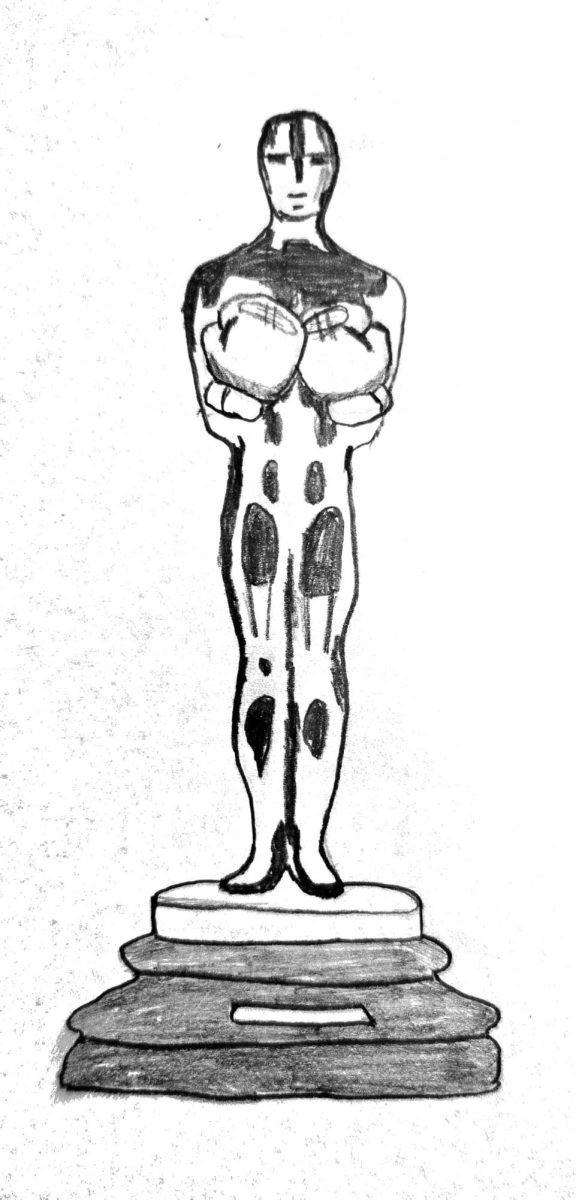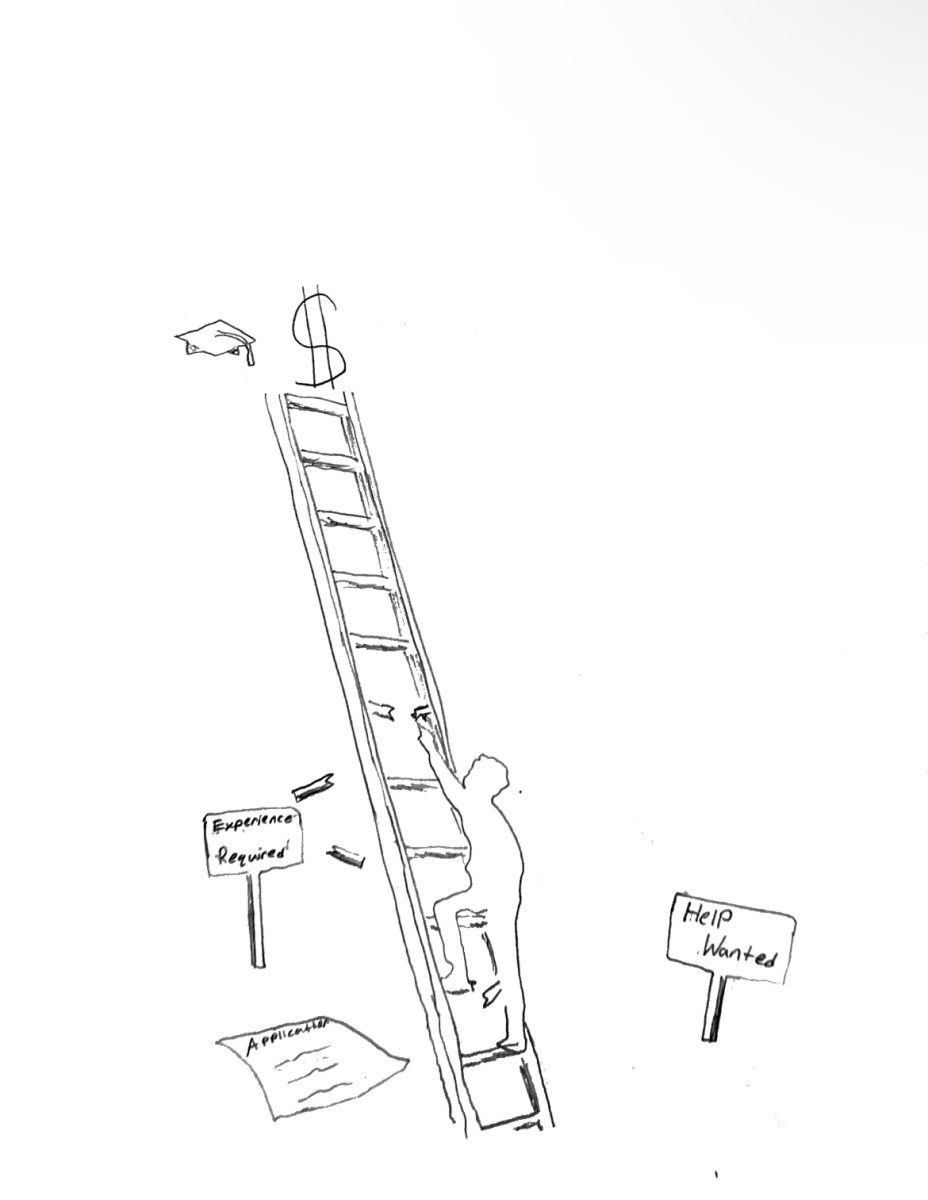Only a few years ago, there was a time in high school sports when the stands were filled with proud parents and enthusiastic supporters, and the playing field was a place for camaraderie, discipline and valuable life lessons. However, over the years, the culture of high school sports has undergone a dark transformation. What was once a platform for sportsmanship and teamwork has become a breeding ground for aggression, hostility and excessive parental involvement.
One of the most glaring shifts in high school sports culture is the increasingly aggressive behavior of parents. While parents have always played an essential role in their children’s athletic journeys, their involvement has become more destructive in recent years. It’s no longer unusual to witness parents on the sidelines yelling at players, referees and coaches, something that is toxic to the playing environment for all. The supportive cheers and applause have disappeared, replaced by shouting and aggressive confrontations. These changes are because of various factors, including a societal trend of competitiveness and heightened pressure to secure college scholarships. The detrimental impact of this shift is undeniable, as it not only puts immense stress on young athletes but also sets a poor example for sportsmanship and respect.

The consequences of this toxicity are clear: referees and coaches are now faced with an environment that is chokingly hostile, making it difficult to find individuals willing to take on such jobs. Both Branson and Tamalpais High School basketball have had three coaches in four years, and the Redwood girls’ varsity volleyball team has had four coaches in three years. The historic lows in the number of coaches returning year after year suggest that something needs to change.
In a recent interview conducted by a Bark reporter, former girls’ volleyball coach Loren Anderson was asked, “In the past, this team has had a lot of trouble keeping coaches. Do you think there’s a common pattern and what is it?”
“Parents have too much power,” Anderson said.
While many parents act in the best interest of their kids, the effects are larger than they ever could have imagined. Referees are constantly screamed at by parents and coaches over calls and decisions made during a game. For the low salary that they make, why would referees deal with the backlash? Short answer: they don’t. Good referees are hard to find, junior varsity referees are pulled up to varsity games, and untrained referees are now placed into the spotlight to officiate high-level games.
On the Tamalpais Union High School District (TUHSD) district website, under the athletics tab, a new section touches on this topic. The “16 principles of ‘pursuing victory with honor’” includes 16 ways to display sportsmanship. One principle states that “Everyone involved in competition, including parents, spectators, associated study body leaders and all auxiliary groups, have a duty to honor the traditions of the sport and to treat other participants with respect.” It’s clear that Redwood and other TUHSD schools have noticed this toxicity and started to implement new rules as part of the ongoing effort to address this problem.
As a high school athlete, I have experienced these aggressive environments first-hand. Just last season, I was playing in the Marin County Athletic League (MCAL) basketball championship game and could hear parents yelling at us to perform better. Throughout the game, I listened to the same parents yelling at the referees and our coaches. At that moment, I thought, “Do they think they are playing? What made them feel the need to yell at high school kids and underpaid coaches and referees?”
The change in high school sports culture needs to be treated with concern. The moment has arrived for us to confront this issue directly and collaborate in promoting the values that should be embodied by sports, which include sportsmanship, respect and teamwork. To do this, parents need to take a step back and remember their role is to mentor, support and encourage their kids, not deteriorate their confidence.
High school sports have the potential to be a powerful force for positive development in the lives of young athletes. However, it’s time to reflect on what truly matters: the growth, character-building and life lessons that sports can provide. As an athlete, I’m confident that with time and effort, we can return to an environment where sports are not just about winning but about fostering a sense of community, discipline and personal growth in student-athletes.







